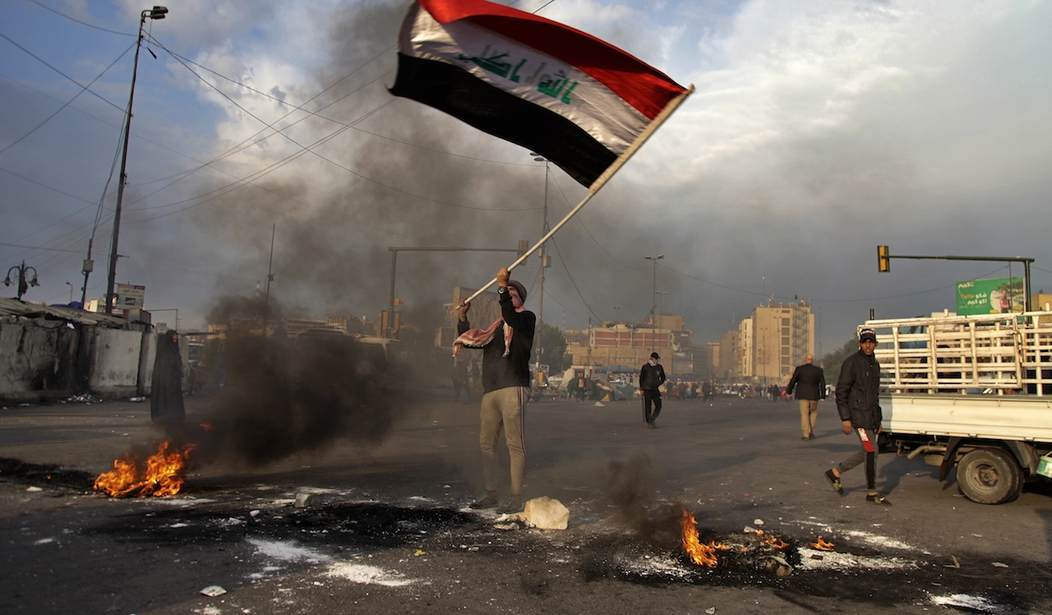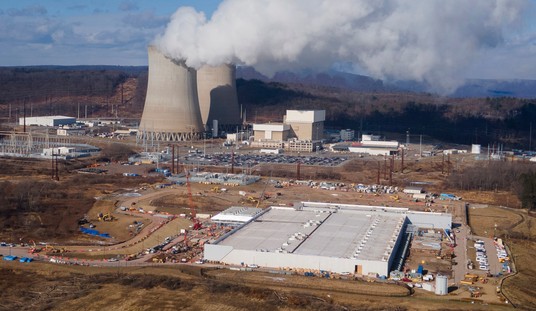The Iraq war “officially” ended in December of 2011 under the tenure of Barack Obama. (Well, the actual war against the government of Iraq under Saddam Hussein was over in about four weeks, but that’s a debate for another day.) Despite that fact, we’ve still been suffering troop casualties there ever since we went back in to combat ISIS and Iranian terror militias. Is that finally about to come to an end? That’s what the Iraqi Prime Minister is making it sound like. Mustafa al-Kadhimi is planning to meet with President Joe Biden in the coming week to discuss the future of America’s military presence in his country. While he believes we should remove our remaining combat troops, he would still like American military personnel around to train Iraq’s own military forces. So is this it? Are we really leaving? (Associated Press)
Iraq’s prime minister says his country no longer requires American combat troops to fight the Islamic State group, but a formal time frame for their redeployment will depend on the outcome of talks with U.S. officials this week.
Mustafa al-Kadhimi said Iraq will still ask for U.S. training and military intelligence gathering. His comments came in an exclusive interview with The Associated Press ahead of a planned trip to Washington, where he’s slated to meet with President Joe Biden on Monday for a fourth round of strategic talks.
“There is no need for any foreign combat forces on Iraqi soil,” said al-Kadhimi, falling short of announcing a deadline for a U.S. troop departure. Iraq’s security forces and army are capable of defending the country without U.S.-led coalition troops, he said.
This has been building for a while now. Talks with the Biden administration actually began back in April and there was reportedly a tentative agreement at that time to have the remaining coalition troops withdraw. No specific timeline was set, however, Now it sounds like al-Kadhimi is ready to set a date, likely by the end of the year.
The major concern, similar to what we’re facing in Afghanistan, is what happens to the remaining troops that stay behind to train the Iraqi forces. That would presumably be a relatively small number of troops and they would be a very tempting target for any ISIS terrorists or Iranian militias to take out. The official government in Baghdad is still technically allied with the United States, but they’ve grown awfully cozy with Iran over the past few years. Also, public sentiment seems to have turned against a continued U.S. presence in the country, causing political problems for al-Kadhimi.
Two decades after we went into Iraq, how much different is that country? Sure, Saddam Hussein wound up dancing at the end of a rope and they’ve had multiple elections since then. But did we really create a more democratic state and leave it a better place than we found it? Analysts who have studied Iraq during the era of Hussein’s reign all seemed to agree that the government at all levels was infamously corrupt. That may simply be baked into the culture.
Considering the conspicuous lack of WMDs discovered there (beyond some leaking nerve gas shells from the 80s and a pile of yellowcake they’ve had for decades), if Iraq turns into more of an adversary of ours and an ally of Iran once we’re fully out of the country, it’s tough for me to say that it was all worthwhile. We certainly managed to build a far more stable democracy there than we managed in Afghanistan, but it’s going to take a while to wait and see how stable that system remains after Iraq has been riding without training wheels.
Getting out of Iraq was one point where Donald Trump and Joe Biden agreed. I’m confident that it will be viewed as a good decision by much of the nation. But we’ve paid a significant price for going in there in the first place. Historians will wind up being the judges as to whether or not it was all worth the cost.








Join the conversation as a VIP Member